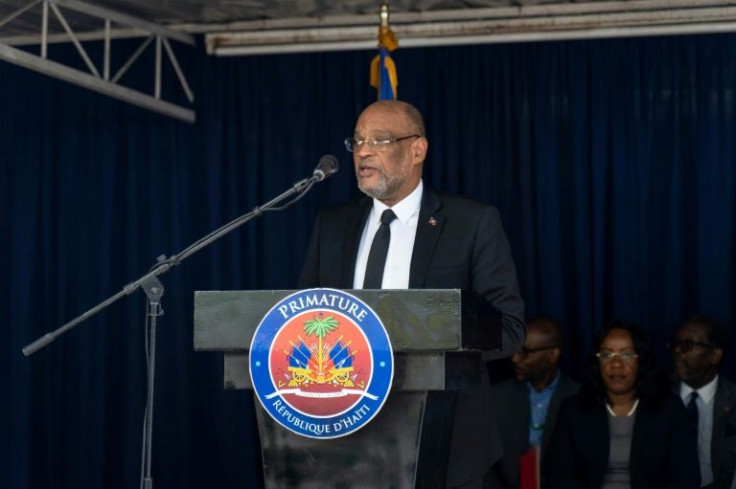
Caribbean leaders have announced that Haitian Prime Minister, Ariel Henry, has agreed to hold general elections by mid-2025 in the country, as international and domestic pressure grows.
The announcement took place at a four-day summit of Caribbean nations in Guyana, known as CARICOM. They said Henry agreed that there is a need to hold elections and to work with the opposition and civil society toward that goal.
"Caricom heads underlined the critical and immediate need for a clear political path forward which should be participatory and inclusive," said the group in a statement. The road will also involve the creation of an assessment team by the U.S., Canada and the United Nations to help Haiti prepare for the electoral process.
The Associated Press recalled that Henry has repeatedly pledged to hold elections since being sworn in 2021 following the assassination of President Jovenel Moïse, but he and other officials say gang violence and generalized instability have not allowed them to do so.
A group of nations is seeking to raise money and officers to send an international force to help fight gangs, which have taken control of large portions of the country and the capital, but have so far faced a series of obstacles. Kenya, which is set to lead the force, currently can't deploy them as a result of a court order.
The situation in Haiti is "truly terrible," Bahamian Prime Minister Philip Davis said at the summit's closing news confeence. "Haiti is hemorrhaging," he added.
Gangs run rampant in large swaths of the country, and homicides in Haiti more than doubled last year to nearly 4,800, according to a UN report released last month.
In mid February, the United Nations' food agency, the World Food Program (WFP), said that a recent surge in violence in Haiti's capital, Port-au-Prince, is causing significant obstacles for it in delivering essential supplies to hundreds of thousands of vulnerable individuals in the country.
WFP has been continuously delivering emergency food assistance in Haiti alongside other programs to help the citizens fight against hunger. However, the recent surge in gang wars in Haiti has stopped the agency from reaching over 370,000 people who have been struggling with food insecurity issues since early February.
The statement mentioned that around 44% of citizens are facing acute food insecurity and struggle to feed their families. Even children who used to get daily hot meals in the schools are unable to get them as the schools are closed amid the latest wave of violence and unrest across the country.
Another report this month, from Global Initiative Against Transnational Organized Crime, noted that Haitian criminal gangs are becoming financially stronger as the gangs are using funds obtained through private entities, residents, and kidnapped victims to purchase weapons and pay soldiers.
© 2024 Latin Times. All rights reserved. Do not reproduce without permission.







